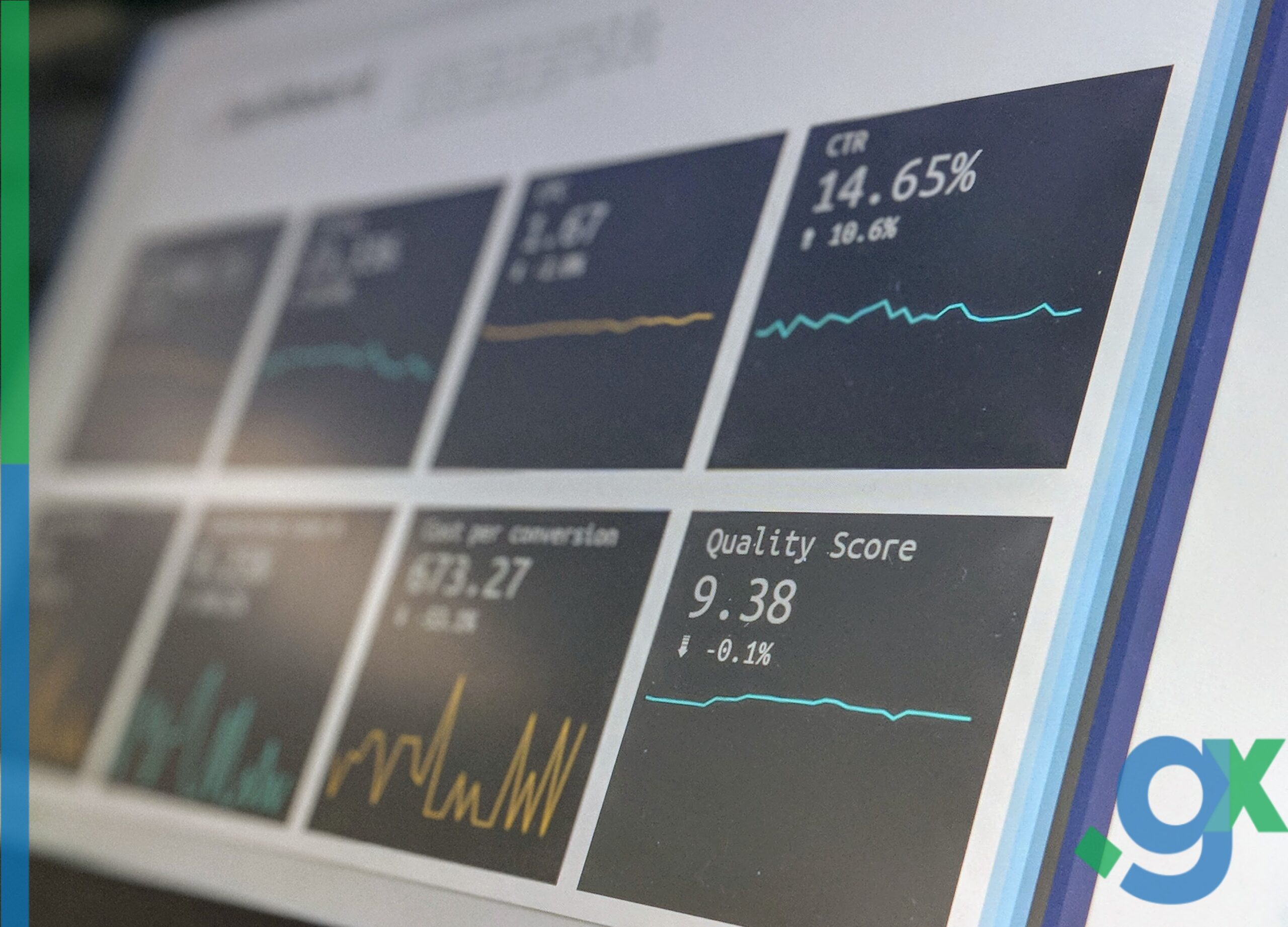The benefits of Generating financial reports with a CRM
In today’s fast-paced business world, generating accurate and comprehensive financial reports is crucial for the success of any company. With the rise of Customer Relationship Management (CRM) software, companies are able to track their financial data in real-time and generate reports that provide valuable insights into their financial health. In this blog, we will discuss the benefits of using CRM software to generate financial reports and how it can help businesses make better decisions.
Benefits of using CRM software for financial reporting
- Real-time data tracking
One of the most significant benefits of using CRM software for financial reporting is the ability to track financial data in real-time. With traditional financial reporting methods, companies would have to manually input data into spreadsheets, which can be time-consuming and prone to errors. CRM software automates the data collection process, making it more efficient and accurate. This real-time data tracking allows businesses to make informed decisions quickly and respond to changes in the market.
- Comprehensive reporting
CRM software provides businesses with the ability to generate comprehensive financial reports. These reports can include information on sales revenue, expenses, cash flow, and more. The reports can also be customized to fit the needs of the business. This allows businesses to gain a better understanding of their financial health and make informed decisions about their future.
- Integration with other systems
CRM software can be integrated with other systems used by businesses, such as accounting software. This integration allows for seamless data transfer between different systems, reducing the risk of errors and increasing efficiency. It also provides a more holistic view of the business’s financial data, making it easier to identify trends and make informed decisions.
- Increased productivity
Using CRM software for financial reporting can increase productivity within the organization. With real-time data tracking and automated reporting, employees can focus on analyzing the data rather than inputting it into spreadsheets. This allows for more time to be spent on strategic decision-making, which can lead to increased profitability and growth for the business.
- Better customer insights
CRM software not only provides insights into financial data, but it also provides insights into customer behavior. This allows businesses to identify trends and patterns in customer behavior, which can help inform marketing and sales strategies. By understanding customer behavior, businesses can make informed decisions that lead to increased customer satisfaction and loyalty.
Generating financial reports with CRM software
Now that we have discussed the benefits of using CRM software for financial reporting, let’s take a look at how to generate financial reports using CRM software.
- Define report requirements
The first step in generating financial reports using CRM software is to define report requirements. This includes determining the data that needs to be included in the report, the format of the report, and any other specific requirements. By defining report requirements upfront, businesses can ensure that the reports generated are relevant and provide valuable insights.
- Collect data
Once report requirements have been defined, the next step is to collect the data. This can be done by integrating CRM software with accounting software, or by manually inputting data into the CRM system. The data collected should be accurate and up-to-date, to ensure that the reports generated provide an accurate picture of the business’s financial health.
conclusion
Generating financial reports with a CRM (customer relationship management) system offers numerous benefits to businesses. It provides a centralized platform for managing financial data, simplifies the reporting process, increases efficiency and accuracy, and helps businesses make data-driven decisions. By integrating financial reporting with customer data, businesses can also gain insights into customer behavior, preferences, and purchasing patterns, allowing them to optimize their strategies and improve their overall performance.
Read about our post on The benefits of crm for Inventory Management Planning here.
Signup now for Free and enjoy unlimited Quotations & Invoices at www.blog.groflex.in




